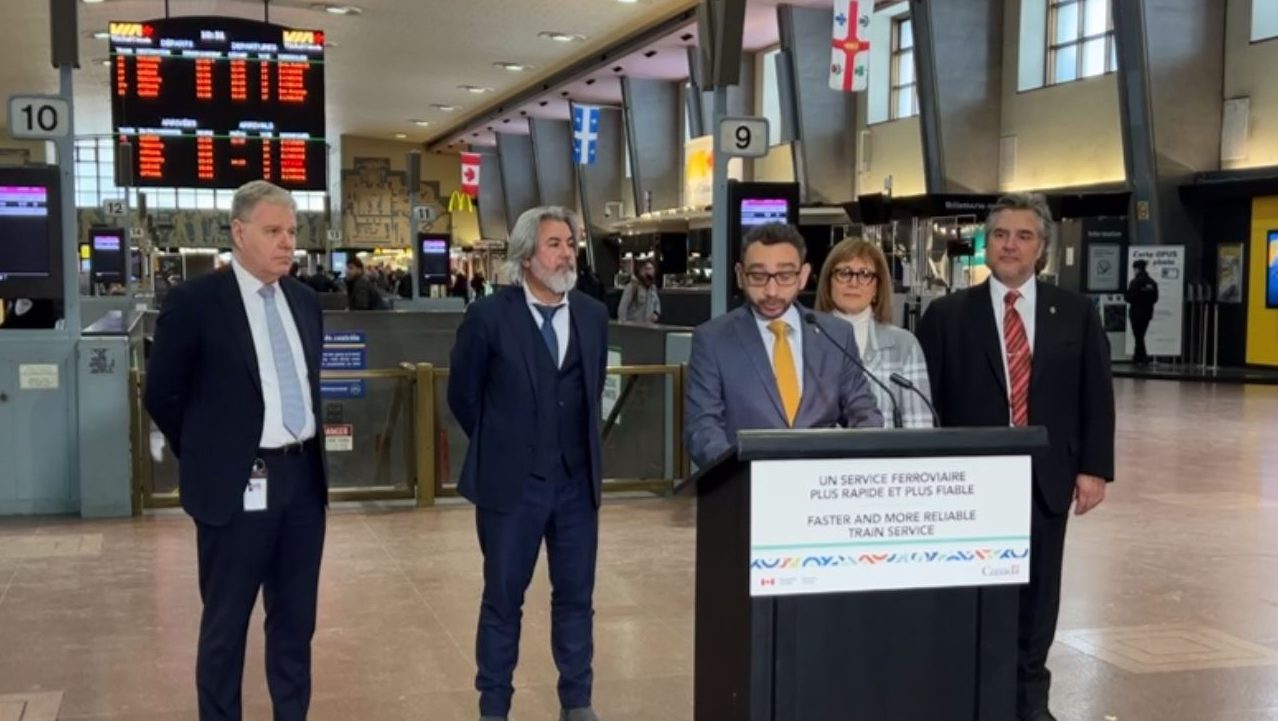Allandale25
Senior Member
^ potentially it's the RFQ
With the exception of one London-Toronto round trip that the government of Ontario premier Bob Rae revived through a cost-sharing agreement reached a year after the Mulroney cuts, no provincial government has ever put a cent into Via’s operations. The provincial politicians do, however, howl indignantly when cuts occur. The provinces have always maintained Via should be strictly on the feds’ tab, conveniently missing the fact that by generously funding highways and not compelling users to pay the full cost, they enable Via’s principal competition.
Guy, you're a font of great info and analysis. You don't need that chip on your shoulder, it's all good.It’s really not that difficult to look up the height of various car types on Wikipedia:
Okay but what happened that day is not just a funding issue (that is part of it). The main problem was the lack of co-ordination and the lack of organization. Nobody made any good decisions that day and it was felt that it was better to do nothing than to do something.I‘m not usually a big fan of Greg Gormick, but he wrote a very interesting opinion piece for the Globe and Mail:

Opinion: After the holiday chaos, Via Rail has melted down again – sadly this will continue
Another Via Rail meltdown during the first weekend of February demonstrates the problems plaguing it are becoming routinewww.theglobeandmail.com
or study on how to proceed with an RFQ... or a study to potentially upgrade to HSR...^ potentially it's the RFQ
b) The whole issue of "relationships with host railways" is left completely up in the air. Note that the proponents are barred from contact or communication with said host railways during the development of proposals. I can't imagine anyone submitting a proposal without much greater clarity on where and how they will work with host railways. There is absolutely no potential design that completely excludes use of existing freight lines (unless one plans new corridors all the way into downtown Montreal and Toronto), so this whole question will be a showstopper.
So basically the announcement was fluff.I've got to assume the RFP stage will replace the "indirect contact" restriction with a process via the government which will allow bidders to ask questions of railway owners in a way that all bidders see all communications. They can assemble partnerships to create a viable bid without discussing the finer details, but creating an implementable proposal that way isn't going to turn out well.
Also, it looks like an EA will be conducted by the winning proposal since the bidder will be deciding the route: perhaps a 2028 construction start?

 www.transportaction.ca
www.transportaction.ca
Now we know who are the insiders of this projectLooking at the involved parties in the RFP isn't giving me any warm and fuzzy feelings.
View attachment 457055
At least it creates jobs for beurocrats and finance people.Now we know who are the insiders of this project




